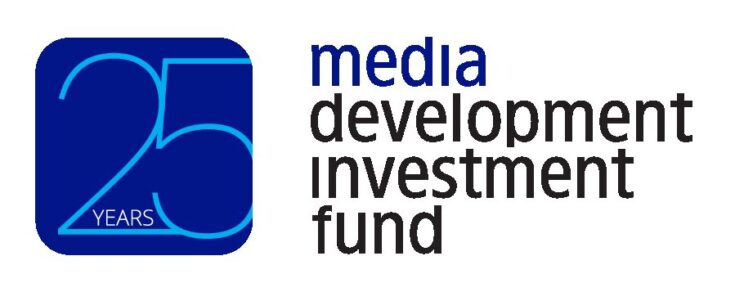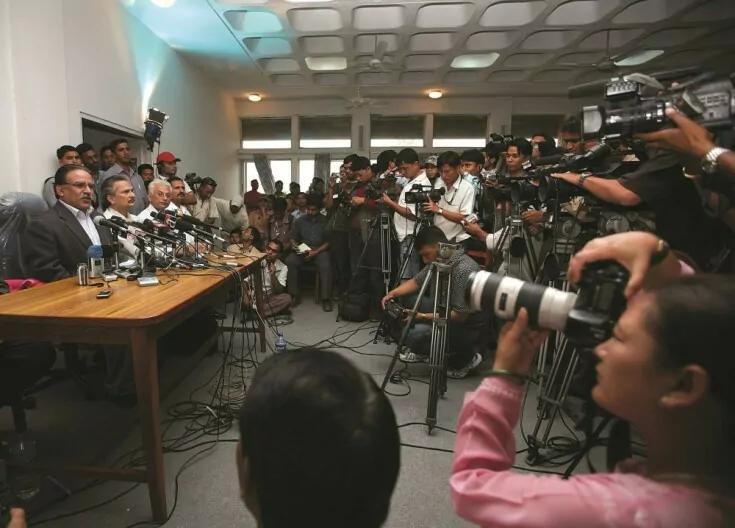By Peter Whitehead, Director of Communications.
The United Nations’ Sustainable Development Goals (SDGs) set out 17 globally agreed aspirations for human development that will guide international development until 2030. They focus the world’s attention on some of humanity’s greatest challenges, identifying areas of action, setting targets and listing measures that allow the international community to determine what progress has been made.
Given their centrality to all areas of development, it’s no surprise that there is a growing discussion among impact investors, from private foundations to private equity funds, about the role that investing can play in helping the world meet the SDGs.
Open for business
Unlike their predecessors, the Millennium Development Goals, the UN assumes that investors will help the world realise the SDGs. In fact, the UN views private capital as essential. UN Secretary-General António Guterres said that without the active involvement of financial institutions and global markets, “it would be absolutely impossible to achieve these goals”.
And with the number of assets committed to impact investments spiralling – US$715 billion according to some bullish estimates – it is little wonder that there is a move to align impact investing’s social impact with the SDGs.
Impact investors have been quick to identify areas with which they are familiar. High among their investable priorities are goals targeting issues like renewable energy, microfinance and education, established sectors for patient capital that benefit from the added kudos of being linked to an SDG.
But there are also opportunities for social investors looking to foster broader, and arguably deeper, social impact: SDG 16: promoting peace, justice and strong institutions.
Independent media: underpinning sustainable development
SDG16 covers a wide range of issues, from reducing violence – with a focus on the abuse and trafficking of children – to promoting the rule of law and reducing corruption. But unlike most goals, SDG 16 is both a means and an end. Not only do peace, justice and strong institutions provide direct benefits to people in their everyday lives, they also give vital support to the struggle to meet the other SDGs. How can you eradicate poverty (SDG 1) and hunger (2) if you don’t create peaceful societies? How do you achieve gender equality (5) without access to justice? How do you provide access to clean water (6) or affordable energy (7) without responsive institutions?
And the key to SDG 16 is investable: independent media.
Press freedom – as exercised by independent news organisations free from the control of governments, political parties and other partisan interests – is fundamental to the development of peaceful, just and democratic societies. These organisations foster dialogue, respect for individual rights and good governance. As a short UN video on SDG 16 explains, “an open and inclusive society protects press freedom and your right to know, which is crucial to sustainable development.”
Here are just a few examples of the wide-ranging impact independent media has on societies.
Responsive and accountable government: World Bank research shows a link between more press freedom and better governance and accountability. Nobel Prize-winning economist Joseph Stiglitz wrote: “Free speech and a free press not only make abuses of governmental powers less likely, they also enhance the likelihood that people’s basic social needs will be met.”
Stiglitz’s fellow Nobel laureate Amartya Sen identified a link between press freedom and hunger: “In the terrible history of famines in the world, no substantial famine has ever occurred in any independent and democratic country with a relatively free press.” This again comes back to accountability, he explained, because democratic governments – those that are subject to scrutiny by the press – have to win elections and face public criticism, and therefore have an added incentive to undertake measures to avert famines and other catastrophes.
As the watchdog of government, independent media not only monitor the worst abuses of power, they also hold authorities to account for their promises and how they implement policies. Every year, we see numerous examples of governments being held to account by the media we work with. For example, in Ecuador, digital news site GK reported the story of a child who was sexually abused by his teacher, detailing negligence by state institutions and revealing that there was no systematic response to such abuse. As a result, the Ministry of Public Health modified protocols to improve care for victims of sexual violence and provided training to hospital managers on the issue and to doctors on how they should report suspected cases.
Corruption: Research shows that a free press reduces corruption. Independent news organisations are the greatest brake on bribery and corruption in both the public and private sector. According to the UN, corruption, bribery, theft and tax evasion cost developing countries US$1.26 trillion per year; this money could lift everyone who lives on less than $1.25 a day above $1.25 for at least six years. Corruption is a pervasive problem that corrodes the impact of development assistance across many of the areas identified by the SDGs, from diverting funds meant to build hospitals to subverting equal access to education.
As an example of media making a difference, South Africa’s Mail & Guardian was one of several media that scrutinised the inner workings of the Gupta family, who were accused of exerting undue influence and looting billions of rand of taxpayer money through their ties with Jacob Zuma when he was president. Leaked 2017 e-mails revealed that in an effort to stop the Mail & Guardian’s reporting, the Guptas had a secret plan to buy the company and turn it into a puppet paper. When Jacob Zuma was removed from office, the Commission of Inquiry into State Capture was established to gather evidence on how the Gupta family worked with the former president to secure government contracts and determine cabinet appointments. Hearings are ongoing.
Covid-19: The importance of independent media has been demonstrated countless times throughout the pandemic, from providing reliable health information and advice to the public to exposing irregularities in procurement and supporting people returning to work after lockdown. Two examples from clients in India demonstrate how media have impacted on people’s lives during Covid-19 across a range of SDGs.
Scroll’s investigation, “No pensions for five months: How Jharkhand’s poor were left poorer during the pandemic”, highlighted how the state government failed to provide monthly pensions to 1 million impoverished senior citizens, widows and people with disabilities for at least five months from July 2020. A week after Scroll published a report on the delay in disbursement, the National Human Rights Commission issued a notice to the government of Jharkhand and the Union Ministry of Social Justice and Empowerment, giving them six weeks to submit a detailed report on the delays.
With its aim to empower young people through videos and events, Josh Talks has supported millions of people during the pandemic across a range of areas. For example, it gave doctors a platform to talk about Covid-19 and the steps the public should take to reduce the risk of the virus, and later to spread awareness about the safety of the vaccine. Josh Talks also worked with partners including Facebook and UNDP to host a series of webinars that facilitated a conversation between policymakers, industry leaders and the public about concerns surrounding Covid-19, such as mental health, the impact of the virus on small and medium businesses, and the need for social protection programmes to help entrepreneurs post-pandemic.
Investing in press freedom
The need for media freedom is great: press freedom is seriously constrained in 73% of countries, according to Reporters Without Borders’ World Press Freedom Index 2021. Worse: it is growing. The report notes “a dramatic deterioration in people’s access to information and an increase in obstacles to news coverage”.
There is also an urgent need for investment in the independent media companies that are fundamental to a free press, particularly in countries where this right is abused. In many regions, independent news companies are starved of affordable finance. The only capital available comes with editorial strings attached. With local banks lacking media expertise and, more importantly, not wanting to be seen to support a news organisation that might be critical of the government, the only source of investment is often the state, political parties and oligarchs.
Impact investors can help bridge this gap by providing debt and equity capital so independent media can invest in their companies and take advantage of opportunities and reach audiences hungry for reliable news and informed opinion.
Investing in independent media goes beyond advancing progress on SDG16. It brings the aspirations of all 193 UN member nations just a little closer to reality.

This article is part of our series, ‘25 things we’ve learned’, marking MDIF’s 25th anniversary.
